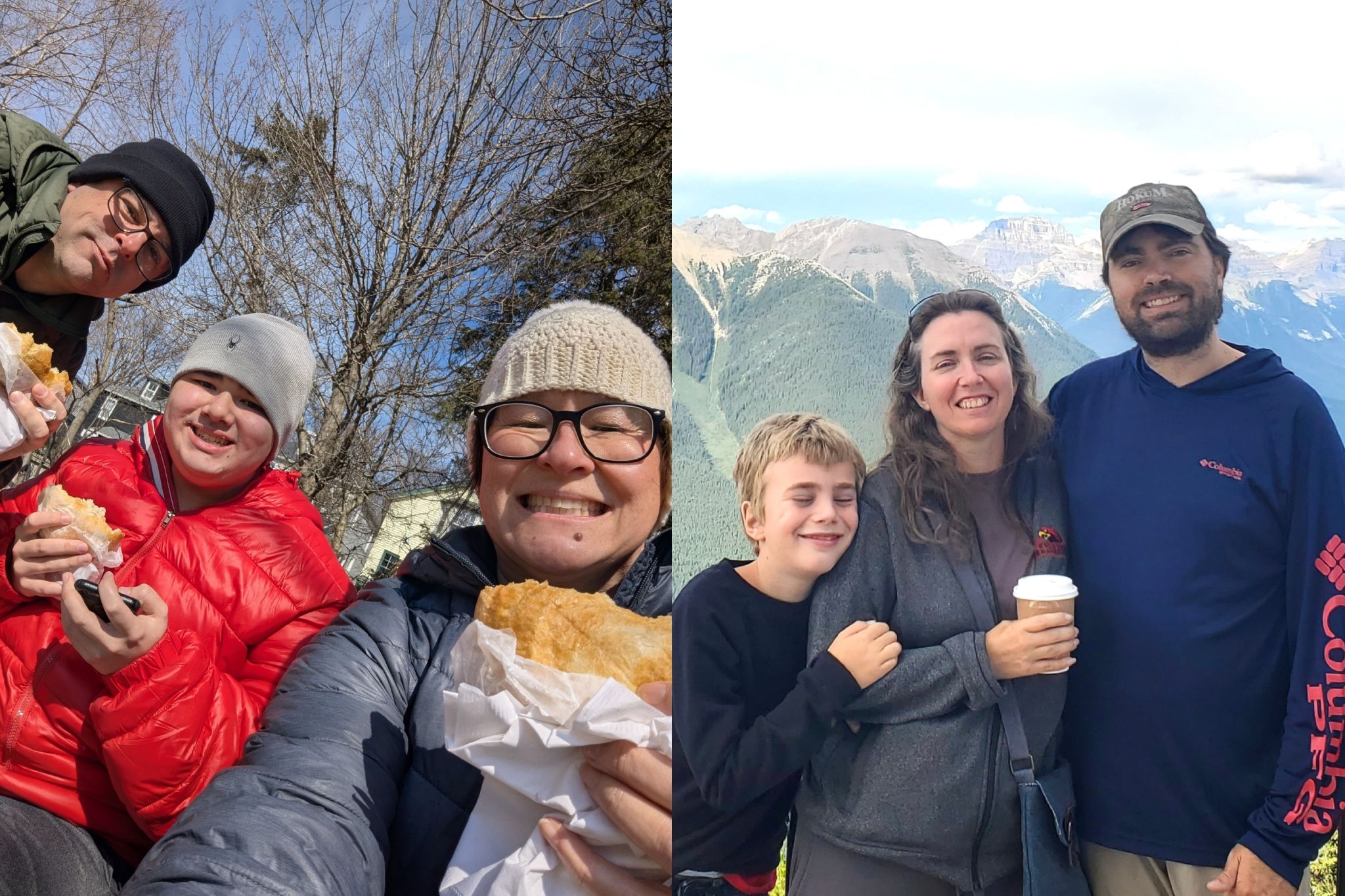Politics
Canadians Shift Travel Plans Away from the U.S. Amid Political Frustration

Frustration with U.S. politics has led many Canadians to reconsider their travel plans, resulting in a noticeable decline in trips to the United States. Rather than crossing the border, numerous families have opted to explore domestic destinations or venture to international locales that promise a more welcoming atmosphere.
The change is reflected in a drop in border crossings from Canada to the U.S., prompting responses from some U.S. political leaders. In April, California Governor Gavin Newsom initiated a campaign offering Canadian tourists discounts on hotels, activities, and attractions. This effort aimed to attract visitors back to California after many Canadians canceled their trips. Additionally, in a symbolic gesture, Burlington, Vermont, temporarily renamed the popular Church Street to Canada Street in an attempt to acknowledge and appeal to Canadian tourists.
Many Canadians have expressed their reasons for canceling trips to the U.S. and the impact of these decisions. Aparna Ramesh, a project manager from Surrey, British Columbia, had planned family vacations to Texas, Virginia, and New York but ultimately decided to cancel. “The kids were more disappointed than my partner and I,” she shared. “I am convinced that it was the right decision. Supporting our local economy is a priority now.” Instead, Ramesh and her family spent four days exploring the Sunshine Coast, where they enjoyed lakes, beaches, and trails, estimating their expenses at around $2,000.
Changing Travel Patterns and Local Support
The trend of prioritizing domestic travel is echoed by others. Craig Heinrich, a forestry technician from Hornepayne, Ontario, also chose to cancel his family’s planned trip to California. Instead, he and his family of six traveled to Edmonton and explored local attractions such as Banff and Calgary. Heinrich noted, “At the time, I was mainly feeling good about spending as little money as possible on anything that might benefit the American economy.” Their local travels cost just over $12,000, supported by the Canada Strong Pass discounts for transportation and attractions. Heinrich emphasized the importance of such incentives, stating, “Families can afford to travel more if these kinds of incentives are available.”
Montreal resident Justa, who canceled a two-week trip to San Francisco, Monterrey, and Big Sur, reflected on the decision with regret yet understanding. “I was sad to have missed taking my family to a spectacular area of the world, but I felt it was the only thing I could do given the attacks on my country.” Justa shifted his travel plans to London with his family, where they spent about $16,000 exploring various neighborhoods. He has no immediate plans to travel to the U.S. “while the Trump administration is in power.”
Empowerment Through Local Exploration
The sentiment of empowerment through local travel resonates with many. Ashley, a healthcare worker from Halifax, Nova Scotia, initially planned a family trip to Massachusetts. Concerned about U.S. policies affecting individuals with disabilities, she opted for domestic destinations, including Ontario, Quebec, and Prince Edward Island. “It felt good to know we were standing up for our country and our smaller, independent businesses,” she remarked. Ashley and her family utilized the Canada Strong Pass, estimating their total expenses between $8,000 and $10,000.
As Canadians navigate their travel choices, the influence of domestic and international political climates remains significant. Many families are now looking towards international destinations, with plans for future travels to places like Japan, Northern Italy, and Singapore. The collective decision to pivot away from U.S. vacations reflects a deeper sentiment among Canadians, emphasizing a commitment to supporting local economies and fostering community resilience.
The shift in travel patterns highlights a broader conversation about the interconnectedness of tourism, politics, and personal values. As the political landscape evolves, the willingness of Canadians to reconsider their travel destinations may continue to shape the tourism industry in both Canada and the U.S.
-

 Politics4 weeks ago
Politics4 weeks agoSecwepemc First Nation Seeks Aboriginal Title Over Kamloops Area
-

 World5 months ago
World5 months agoScientists Unearth Ancient Antarctic Ice to Unlock Climate Secrets
-

 Entertainment5 months ago
Entertainment5 months agoTrump and McCormick to Announce $70 Billion Energy Investments
-

 Science5 months ago
Science5 months agoFour Astronauts Return to Earth After International Space Station Mission
-

 Lifestyle5 months ago
Lifestyle5 months agoTransLink Launches Food Truck Program to Boost Revenue in Vancouver
-

 Technology3 months ago
Technology3 months agoApple Notes Enhances Functionality with Markdown Support in macOS 26
-

 Lifestyle3 months ago
Lifestyle3 months agoManitoba’s Burger Champion Shines Again Amid Dining Innovations
-

 Top Stories2 months ago
Top Stories2 months agoUrgent Update: Fatal Crash on Highway 99 Claims Life of Pitt Meadows Man
-

 Politics4 months ago
Politics4 months agoUkrainian Tennis Star Elina Svitolina Faces Death Threats Online
-

 Sports5 months ago
Sports5 months agoSearch Underway for Missing Hunter Amid Hokkaido Bear Emergency
-

 Politics5 months ago
Politics5 months agoCarney Engages First Nations Leaders at Development Law Summit
-

 Technology5 months ago
Technology5 months agoFrosthaven Launches Early Access on July 31, 2025

















